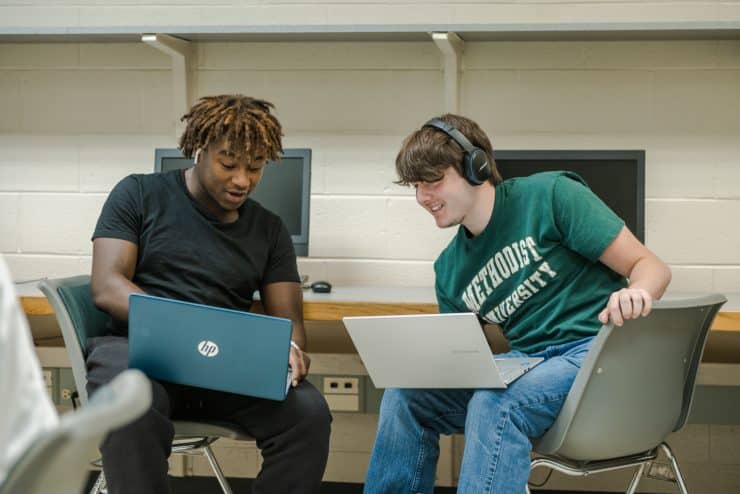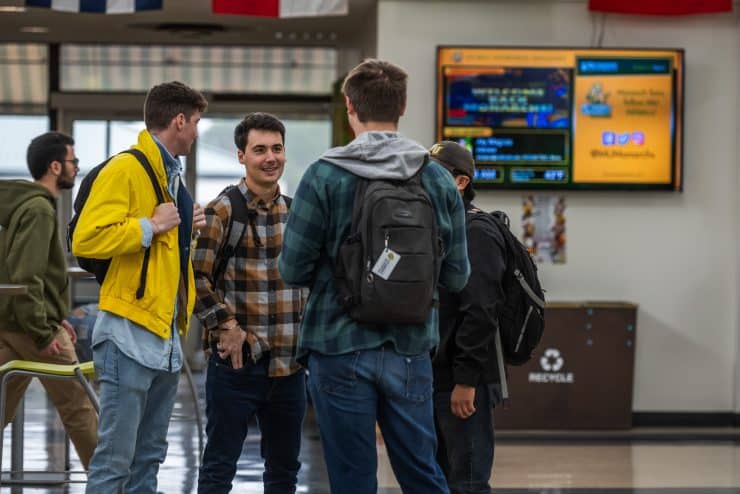
Student Access & Accommodation Services
Mission
SAAS is guided by the belief that each individual has strengths, abilities, and talents. SAAS’s Mission is to provide accommodations, assistance, resources that will allow equal opportunity and equal access to education. Our vision is an inclusive environment that supports attainment of academic goals to professional goals for persons of all abilities.
Register for Accommodations
Start a New Student Information Form
Begin your application for accommodations here!
Sign the Student Responsibilities Form
Click here to agree to the responsibilities for students receiving accommodations.
 Location
Location
Davis Memorial Library
Room 203
Email: saas@methodist.edu
Contact Us
Lisa Dobson, M.S.Ed.
Coordinator, Student Access & Accommodation Services

Department


